-
•
•
86 responses
Sleep: it’s more important than you think, especially for teenagers. Here’s from George Will’s latest column, “How to ruin a child“: Only 5 percent of high school seniors get eight hours of sleep a night. Children get an hour less than they did 30 years ago, which subtracts IQ points and adds body weight. Read More
-
•
•
33 responses
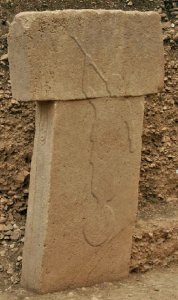
I fell in love almost simultaneously, as a junior in high school, with historical linguistics and Hugh Nibley. Read More
-
•
•
18 responses
I have been researching Reynolds v. United States (1879), the Supreme Court’s first polygamy case, on and off for several years. For those who are interested, my paper on the topic is now available for download at SSRN. Reynolds is an important case in American constitutional history, because was the first time the U.S. Supreme Court ever passed on the meaning of the First Amendment’s protections for freedom of religion. Historians have generally situated the case within the context of the post-Civil War politics of Reconstruction. The anti-polygamy crusade kicked off by Reynolds is seen as an extension of Reconstruction… Read More
-
•
•
14 responses
“Once upon a time, numberless spirits inhabited the vast chaos of space and unorganized matter. They exercised their minuscule powers to organize little creations, but these quickly vanished in the swirling chaos, like sand castles against the tide. Having spent an eternity without achieving any lasting accomplishments, these spirits mostly just despaired and drifted. One of these spirits, however, discovered the skill (perhaps through ingenuity, or perhaps just through persistence and luck) to build works that could endure the chaos. So, with much effort and with limited power, he began to build a habitation from the unorganized matter around him.… Read More
-
•
•
8 responses
A new issue of The Mormon Review is available, with David K. Jones’s review of You’ll Never Walk Alone by Richard Rodgers and Oscar Hammerstein. The article is available at: David K. Jones, “You’ll Never Walk Alone: The Mormon Church, Proposition 8, and British Soccer,” The Mormon Review, vol.2 no. 1 [HTML] [PDF] For more information about MR, please take a look at the prospectus by our editor-in-chief Richard Bushman (“Out of the Best Books: Introducing The Mormon Review,” The Mormon Review, vol.1 no.1 [HTML][PDF]). In addition to our website, you can have The Mormon Review delivered to your inbox.… Read More
-
•
•
49 responses
When we read Genesis, what exactly are we reading? The distinctions and categories we modern readers bring to books and narratives (fiction or nonfiction; science or folk tale; history or literature; poetry or prose; author’s original text or quoted source) may not serve us well when we read the Old Testament, a collection of ancient literature. Its writers used different conventions. What were they? What exactly are we reading when we read Genesis? Read More
-
•
•
I repeat the reminder: these are notes for study rather than notes for a lesson. Of course study notes can help one prepare a lesson, but my intention is less to help teachers prepare lessons (though I have no objection whatever to them finding my notes useful for that purpose, if they do) than it is not help class members prepare to participate in the lessons taught. Those who use these notes should feel free to add to them with their own comments and observations—and, of course, corrections. Because there is so much material to cover I’m going to abbreviate… Read More
-
•
•
22 responses
I love my God. He loves me. Sometimes I suffer, and sometimes there is nothing He can do about it, and I love that. I love my God because He is limited, like me. He prepares my way to eternal joy, but He does not put me there. Why not? Is it because He chooses not to? How disgusting would that be? An almighty God who could obviate suffering by obviating the need for suffering, but who chooses not to? An almighty God who could save all His children, but allows some to burn in hell? What a horrible God… Read More
-
•
•
25 responses
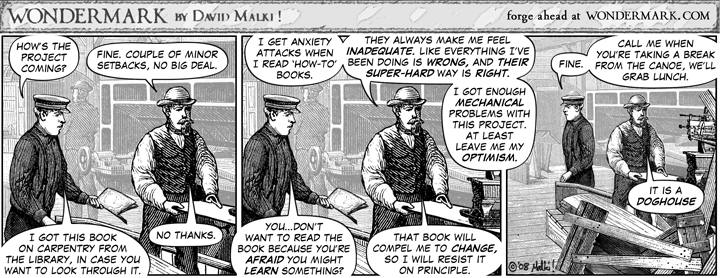
We human beings don’t handle technological progress very gracefully. Those of us who have spent years doing things “the hard way” can feel cheated when suddenly someone invents an easy way. Take, for example, the ballpoint pen. This little invention (and its immediate predecessors) essentially obsoleted centuries of tradition in penmanship, calligraphy, and pen care. And it’s not just pens. The same thing happened with the advent of painkillers. Or television. Or typewriters. This sort of change leads to all kinds of post hoc justifications for why the old way is better. We don’t like to feel like suckers. We… Read More
-
•
•
50 responses
Many Mormons find that many Christian discussions are compatible with Mormon belief. We cheerfully borrow from C.S. Lewis, for instance, simply adding a Mormon gloss to Lewis’s statements; we happily listen to Switchfoot or Joy Williams. The idea of adding upon a Christian foundation has become popular in missionary discussion, as well. President Hinckley said, “To people everywhere we simply say, You bring with you all the good that you have and let us add to it.” This approach is a popular one, and is often viewed as a friendly gesture, a recognition that Christian belief is foundational in Mormonism.… Read More
-
•
•
13 responses

The sweaters that these penguins are wearing are designed to save their lives after oil spills off of the Australian coast. They were knitted by Aussie Relief Society sisters. Who says that LDS service projects aren’t fun? (And as Nate asked last time: Who got to put them on the penguins?) (Picture courtesy of LDS Newroom; originally linked in this prior T&S post.) This picture is part of our ongoing series highlighting Mormon images. Comments to the post are welcome; all comments should be respectful. In addition we invite you to submit your own images to the Mormon Image series.… Read More
-
•
•
72 responses
Here’s a quote from Lesson 7, “The Abrahamic Covenant,” that caught my attention in Sunday School: The great majority of those who become members of the Church are literal descendants of Abraham through Ephraim, son of Joseph. Those who are not literal descendants of Abraham and Israel must become such, and when they are baptized and confirmed they are grafted into the tree and are entitled to all the rights and privileges as heirs. Read More
-
•
•
16 responses
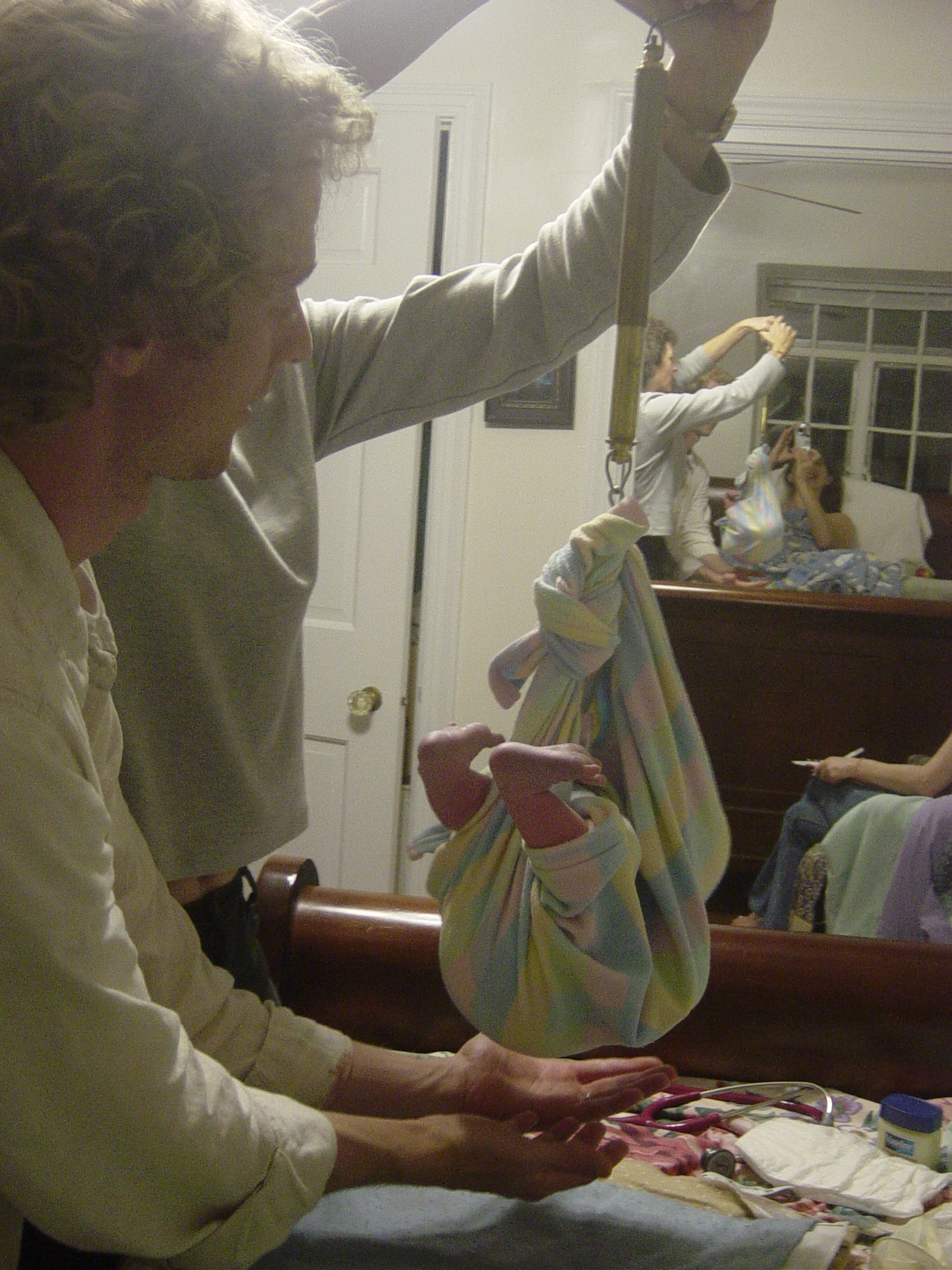
An oft-quoted passage from our Bible Dictionary states that “only the home can compare with the temple in sacredness.” This statement has been concretely validated in the birth of our children. No experience I have ever had has compared in holiness with our experiences of welcoming our children into this world and into our home. For me, this picture captures a great deal of what my faith is. The baby, a few minutes old, is being weighed. In the mirror you see my wife (taking the picture), myself, our baby, and the midwife mediator who helped us bring our daughter… Read More
-
•
•
54 responses

While discussing the development of Mormon culture at the recent Brazilian Mormon Studies Conference in São Paulo, Brazil, one friend told me that Mormon culture would really develop when there was an LDS University for members in Brazil to attend. Read More
-
•
•
18 responses

I love the interactive nature of blogging. I had planned to close this series with a post neatly tying everything together, but all of your contributions have challenged my premises and preconceptions to the point that I can’t do it. I started this series with some really good ideas, as well as some very naive ones. In a year or so, as I’ve been able to sort between the two, perhaps I’ll come back with a follow-up series. In the meantime, let me close this series by touching on friendship. Read More
-
•
•
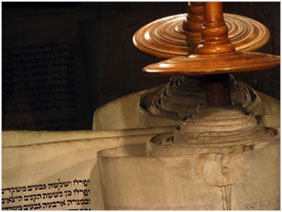
Chapter 13 Verses 1-2: Are there elements in Abram’s journey to Canaan that typify Israel’s later exodus from Egypt? If there are, what would be the point of that parallel? Verse 1: Notice the difference in the way the families are described in Genesis 12:5 and here. Does anything in these verses suggest a change in the family situation? If yes, of what sort? Journeys from Egypt to Canaan are said to be “up” and journeys from Canaan to Egypt are said to be “down.” We might use the same metaphors because of the way we have constructed the map… Read More
-
•
•
54 responses
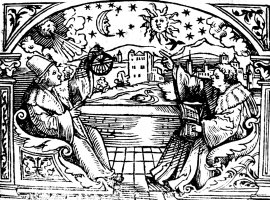
Glenn Beck, the soapbox orator of cable television, has done more, save Sheri Dew only, for the greatness of Mormon literature, than any other person that ever lived. Read More
-
•
•
24 responses
That’s the topic of this fascinating NYT article. The article probably spends a little too much time poking fun at the backward Texans (though it’s so easy); but also does a good job of laying out the complicated question of deciphering just how Christian the founders were. My favorite quote: Or, as Brookhiser rather succinctly summarizes the point: “The founders were not as Christian as [conservative activists] would like them to be, though they weren’t as secularist as Christopher Hitchens would like them to be.” (Also, the scary Texans do get really scary for parts of the piece.) What do… Read More
-
•
•
11 responses

This isn’t to discourage anyone from trying the “forty acres and my friends” approach. However, the beautiful vision of “let’s get all my friends together, buy some land, and live happily together forever” has a tendency to gloss over some of the very real issues that communities have to deal with. Here are a few: Read More
-
•
•
51 responses
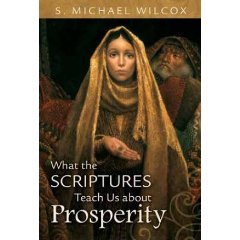
The Prosperity Gospel (which the linked Wikipedia article defines as “the notion that God provides material prosperity for those he favors”) is often associated with Evangelical megapreachers. [Note 1.] But we all know there is a Mormon variation of the Prosperity Gospel lurking behind the ubiquitous references to blessings and how to earn them that populate LDS books, sermons, and discourse. So when I started reading my review copy of What the Scriptures Teach Us About Prosperity (Deseret Book, 2010) by S. Michael Wilcox, I was hoping that at some point the author would distinguish the Mormon view of prosperity… Read More
-
•
•
7 responses

While the occurrence of a general apostasy is a matter of belief and not observable by historical inquiry, dispensations are born with a burst of documentary evidence. Read More
-
•
•
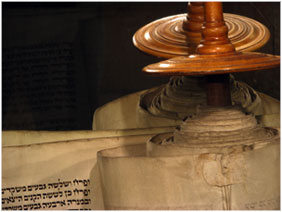
Abraham 1 Verse 1: Why does this work use the name “Abraham” for the person in question when we know from Genesis that his name was as yet still “Abram”? What does it tell us that Abraham says “the residence of my fathers” (plural) rather than “the residence of my father” (singular)? Why did Abraham think he needed to “find another place of residence”? (Compare Genesis 12:1 as well as Abraham 1:5-12 and 2:1-4.) What do you make of the dispassionate, deliberate character of Abraham’s language in this verse and, in the later verses, of his account of the Chaldean… Read More
-
•
•
23 responses
Feminist Mormon Housewives is one of our favorite bloggernacle blogs, with a strong core of bloggers, a variety of smart and lively posts, and a great community. Unfortunately, FMH has been down for the past two days, a victim of the patriarchy — err, of a server crash. Lisa is optimistic that the blog will be up and running again soon. (Crosses fingers.) Meanwhile, what’s an FMH reader supposed to do in the interim? Here is one list of ideas: 1. Go check out the FMH Facebook group, where a variety of fun and interesting FMH-related discussions are taking place,… Read More
-
•
•
11 responses
If you haven’t yet done so, take a look at the discussions over at Mormon Scholars Testify, where a set of fascinating and often familiar voices, including Jim Faulconer, Wilfried Decoo, Richard Bushman, Kevin Barney, Blake Ostler, David H. Bailey, and dozens more, describe the foundations of their beliefs. It’s a great project, and well worth checking out. Read More
-
•
•
12 responses
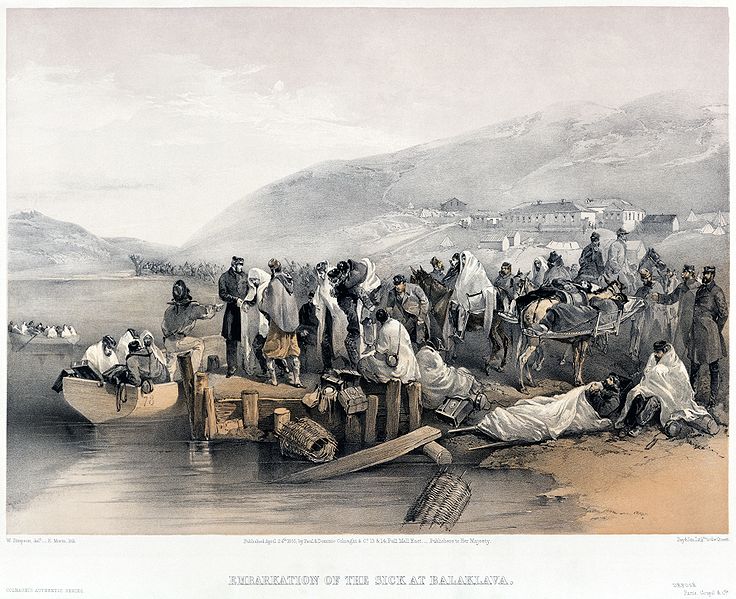
If you’re feeling moved upon to bring together a community of your own, here are some approaches you might consider. I’ve divided them into two sections: organic and venture. Organic approaches to community building grow fairly naturally out of everyday living. They may sound mundane — you’re probably already doing some of them — but that doesn’t mean the resulting relationships are any less rewarding. In contrast, venture approaches to community building take significant planning, time, and money. Read More
-
•
•
57 responses
Some time ago on T&S, I survived a discussion on the history of Sunday (got no t-shirt though). That knock-down drag-out event included some talk of sports, but overall was pretty general. In light of the upcoming Super Bowl I thought it might be fun(?) to look at the rise of Sunday sport more specifically. So get out the nachos and dip. Or lace up the gloves, or whatever. Read More
-
•
•
60 responses
As life-long LDS Church members, my wife and I know the drill—how to feed the missionaries. Then, with our son serving an LDS mission, we got an email that changed everything. Read More
-
•
•
14 responses
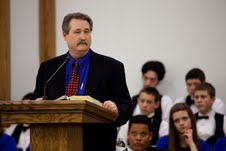
Last Saturday morning I attended an interfaith Torah study session, warmly hosted at the Shaare Emeth congregation and jointly led by LDS and Jewish presenters. The discussion focused on the week’s Torah portion, parashat bo, which recounts the story in Exodus 10 of the plagues visited on Pharaoh at his refusal to free the Israelites. It’s a challenging tale, both narratively and ethically, and Rabbi John Borak and Mark Paredes each shed some light on the special difficulties and rewards of those verses. As I listened to the speakers’ presentations, I was impressed, beyond any particular interpretive insight into Pharoah… Read More
-
•
•
44 responses

A friend asked whether I was aware of any good collections of testimony or “Why I Believe”-type posts in the Bloggernacle. Nothing really sprung to mind, so I thought I’d issue a call for people to share their favorites here. I’ll compile a running bullet-point list below of the suggestions. Read More

